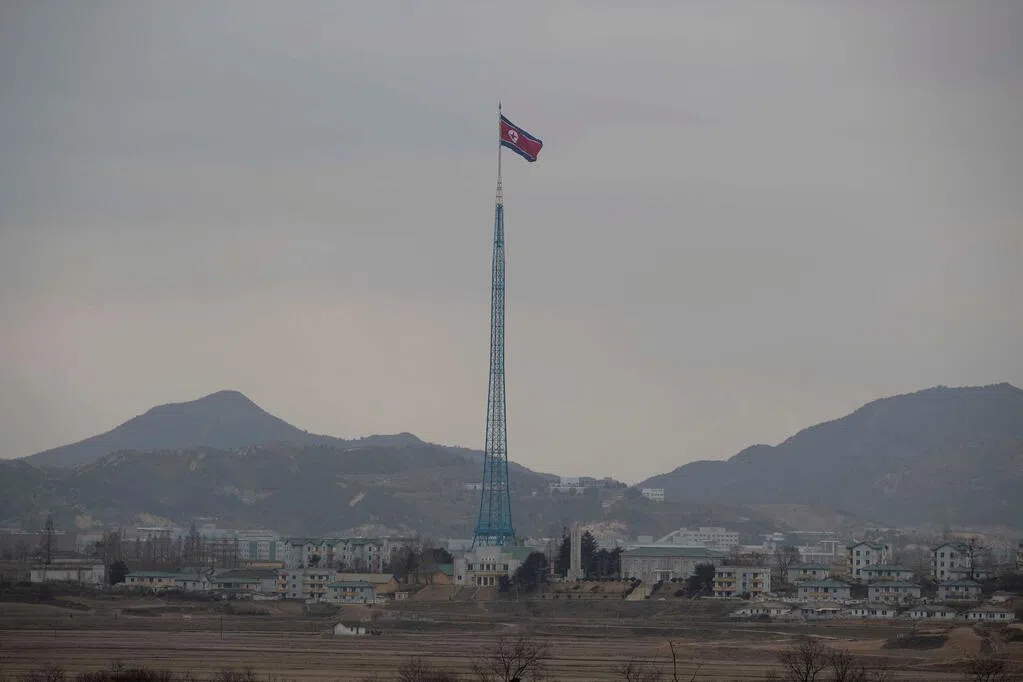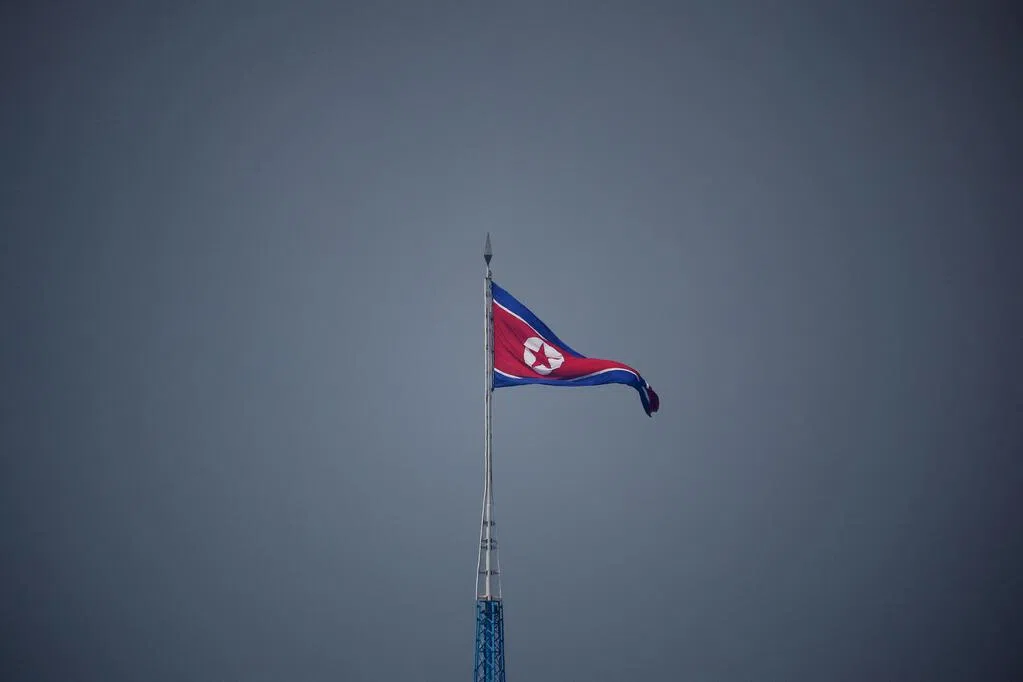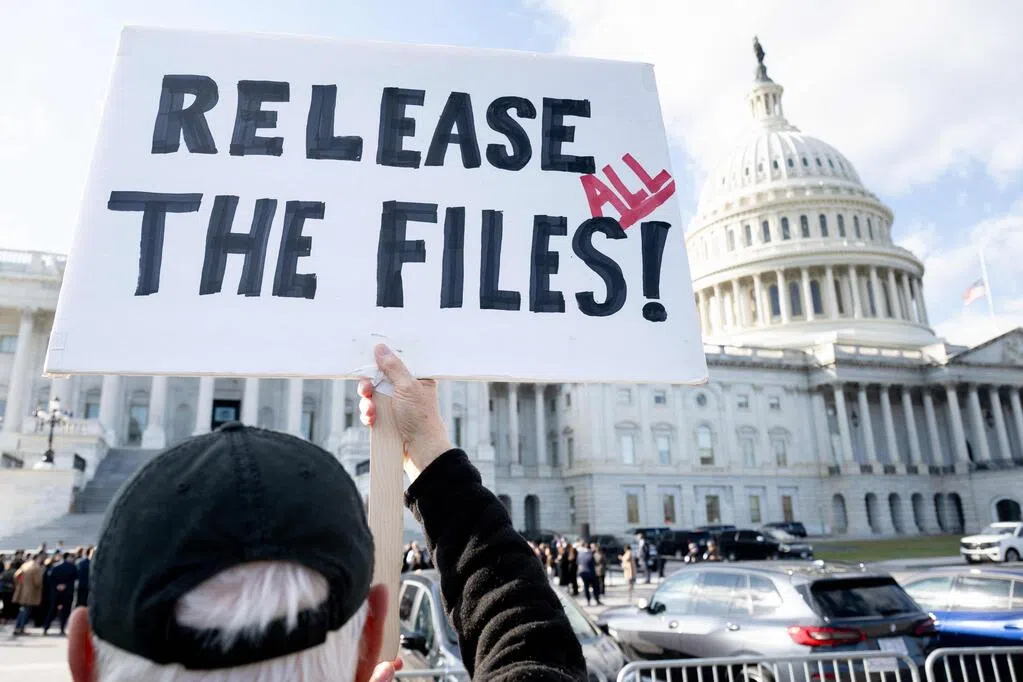Last week, South Korea and the United States released a Joint Situation Statement and a Joint Statement from the South Korea-U.S. Security Consultative Meeting (SCM), explicitly reaffirming the goal of "achieving complete denuclearization of North Korea" and strengthening defense cooperation. In response, North Korea issued its first statement on Tuesday, criticizing the measures as potentially triggering a "serious situation of global nuclear runaway."
The Korean Central News Agency (KCNA) published a lengthy commentary on Tuesday (November 18), severely criticizing the South Korea-U.S. joint document as an institutionalized manifestation of a hostile policy towards North Korea, accusing South Korea and the U.S. of blatantly ignoring North Korea's legitimate security concerns and revealing a deep-seated confrontational intent.
The commentary pointed out that the continued push by South Korea and the U.S. towards a "power-based" policy will only lead to a further deterioration of the regional situation. North Korea warned that it will take more necessary and feasible measures to defend its national sovereignty, security interests, and regional peace.
The commentary also noted that the recent statements by South Korea and the U.S. regarding North Korea actually continue the core stance of the Trump administration's North Korea policy, especially in emphasizing "complete denuclearization of North Korea" rather than "denuclearization of the Korean Peninsula" in the document. North Korea views this as not only a denial of its sovereignty and legitimacy but also a unilateral act of tearing up the 2018 Singapore Agreement between North Korea and the United States. It accuses South Korea and the United States of "shamelessly" demanding that North Korea fulfill its promises while simultaneously undermining the agreement.
The Korean Central News Agency (KCNA) stated that if South Korea and the United States continue to adhere to their current denuclearization path, North Korea will never return to the negotiating table, adopting an unusually tough stance that further reduces the possibility of diplomatic contact.
Further Reading


The commentary expressed serious concern over the US approval of South Korea's nuclear-powered submarine construction, stating that the project is essentially a prelude to South Korea's independent nuclear armament, which will exacerbate strategic instability on the Korean Peninsula and in the Asia-Pacific region, and trigger a domino effect of nuclear proliferation globally.
North Korea also accused the US of intending to replicate a NATO-style security architecture in the Asia-Pacific region through the segmentation and modernization of the US-South Korea alliance, in order to contain strategic rivals such as China and Russia.
The commentary hinted that North Korea may strengthen strategic cooperation with China and Russia in the future to jointly counter the expansion of US-South Korea military influence.
It is noteworthy that this commentary was not issued in the name of Kim Jong-un or other high-ranking officials, nor did it name the leaders of South Korea and the US, which is seen as a downgrading statement.
Lim Eul-chul, a professor at the Institute of Far Eastern Studies at Kyungnam University, stated that North Korea is currently in a strategic assessment period and may further clarify its policy tone towards South Korea and the US around the time of the Ninth Workers' Party Congress to be held early next year. In the medium to long term, North Korea will readjust the intensity of its foreign policy and formulate its next strategic path based on the external environment and internal needs.
Furthermore, North Korea's comments did not respond to the South Korean government's proposal for inter-Korean military talks made the previous day, nor did they express a positive response to South Korea's willingness to ease tensions.
In response, the South Korean presidential office stated that North Korea's comments "did not show any obvious hostile or confrontational intentions," and that South Korea will continue its efforts to ease inter-Korean tensions and promote the restoration of mutual trust.



